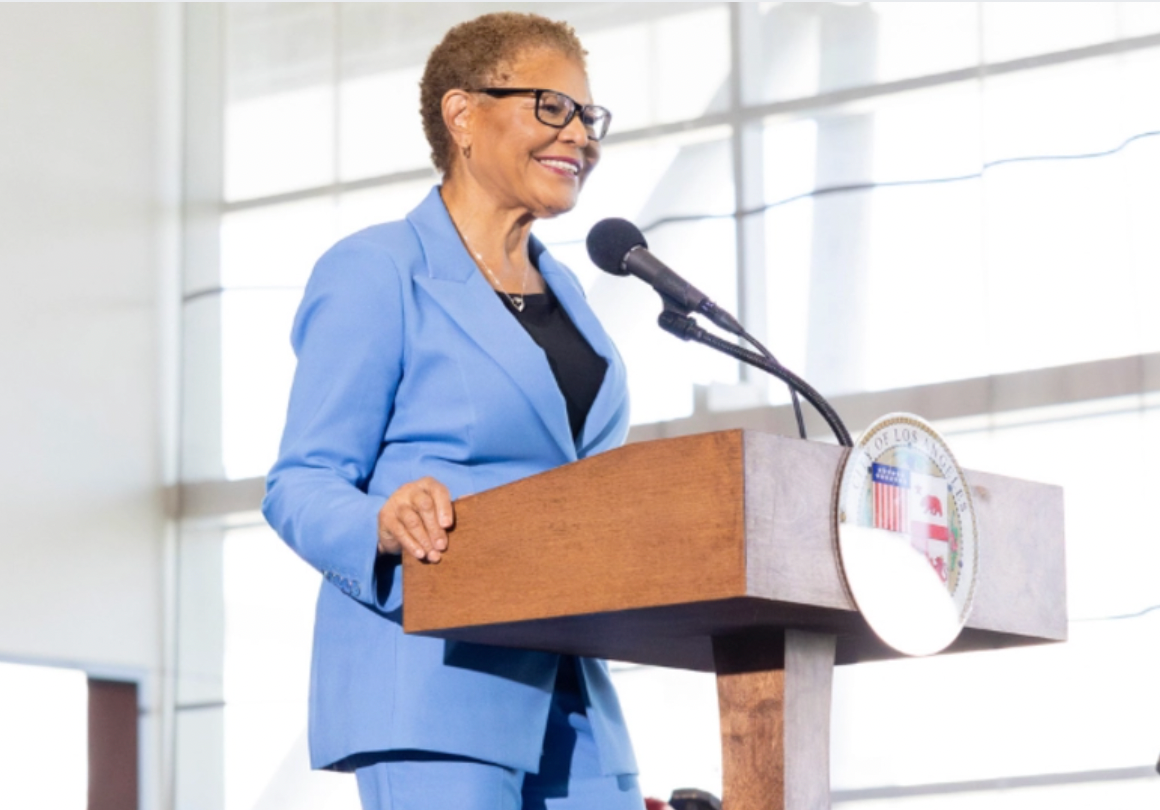By Stephen Witt
The Los Angeles Police Department’s (LAPD) Mental Evaluation Unit (MEU) and the Systemwide Mental Assessment Response Team (SMART) need better training, and then being given more authority to take control of specific incidents involving people with mental illness or experiencing a mental health crisis.

This was among the key findings in Los Angeles City Comptroller Kenneth Mejia’s Assessing LAPD’s Mental Evaluation Unit & Smart Co-Response Model report, which was released today. The report was prompted by a series of concerns expressed by policymakers, community members, and grief-stricken families about the human cost of having police officers respond to people in mental health crises.
“Our Office conducted an assessment of the LAPD’s MEU to evaluate the efficiency and effectiveness of the department’s response to mental health-related calls. We covered MEU operations and incident data from 2020–2022 and MEU use of force incidents from 2021–2024; we reviewed applicable legal frameworks, policies, and training protocols; we observed mental health training sessions; and we rode along with MEU units,” said Mejia in a preview of the report.
Specifically, the assessment focused on the MEU’s SMART program, which dispatches with patrol to mental health calls involving people who may be violent, armed, high-risk, or otherwise involved in a critical incident.
The assessment recommended that:
- The LAPD should revise its policies and procedures to allow for SMART teams to take control of certain incidents involving people with mental illness or experiencing a mental health crisis. Specifically, SMART teams should lead the LAPD response to mental health-related calls that do not involve weapons.
- The LAPD should develop a method to track and measure the impact that MEU has on mental health-related incidents where SMART is dispatched and on use of force incidents.
- LAPD should require additional training and refresher courses for all MEU officers to ensure that they are updated on evolving standards and best practices.
- The LAPD should revise its Use of Force, De-Escalation, and Mental Health-related policies to reflect best practices and ensure LAPD officers are better equipped to handle mental health calls.
- The LAPD should work with the LA County Department of Mental Health to reevaluate the roles that mental health clinicians play in MEU so that they can be deployed with SMART units in more efficient or expanded ways to make better use of their clinical skills.
- The City Council and Mayor should continue to support and fund the Unarmed Model of Crisis Response pilot through its multi-year plan, and should consider expanding the program if the pilot demonstrates successful alternatives to armed responses for mental health crises.
Among the key findings of the assessment were:
- The LAPD requires a patrol-first, armed response in mental health calls for service. That despite being called a “co-responder” model, the LAPD still designates patrol officers as the primary responders in mental health calls. Although these patrol officers may not yet have received the LAPD’s mental health training, it is the patrol officers who determine whether the SMART units, and the mental health professionals on the SMART units, are allowed to engage with the person who is the subject of the call for service. With patrol being the primary decision-makers on scene, SMART’s role as the secondary unit severely limits the mental health professional’s ability to intervene and improve outcomes for the person in need or in crisis.
- The LAPD emphasizes 5150 hold applications as the main tool for its mental evaluation practice. In California, a 5150 hold refers to the initial 72-hour involuntary detention of a person for further mental evaluation.
- Despite being designated as “specially trained,” MEU / SMART officers do not receive specialized training.
Los Angeles Mayor Karen Bass thanked Mejia for conducting this assessment to inform policy decisions about the deployment of life-saving personnel like the MEU’s and SMART units.
“These units have a vital role to play, and I will be working with the Controller and LAPD Chief McDonnell on reviewing these recommendations closely, including additional training and appropriately updating policies to ensure that SMART units are fully maximized to assist Angelenos in mental health crises and to help prevent excessive use of force,” said Bass.
“At the same time, we will take stock of additional needs, like building out a robust mental health clinician workforce in the region,” the mayor added.















